Performing Arts: Music
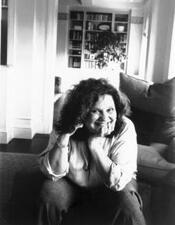
Wendy Wasserstein
In 1989, Wendy Wasserstein won the Pulitzer Prize for The Heidi Chronicles and was the first woman playwright to win a Tony Award. After graduating from the MFA program at the Yale School of Drama, in which she was the only woman, Wasserstein wrote countless dramas, three musicals, various comedy skits for television, and a series of essays published in the New Yorker, Esquire, and Harper’s Bazaar.
Edith Weiss-Mann
Edith Weiss-Mann’s distinguished career as a concert artist, music journalist, and teacher led to universal acknowledgment of her tremendous influence on new music in Germany during the interwar period. Along with other musicians, Weiss-Mann pioneered the revival of the harpsichord and baroque music in particular.
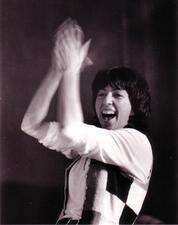
Naomi Weisstein
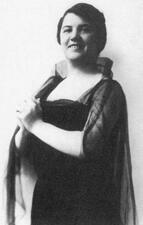
Maria Winetzkaja
Maria Winetzkaja was a rebellious and independent woman whose international opera career spanned twenty years. As a leading mezzo-soprano and excellent dramatic actor, Winetzkaja toured the world with several opera companies, taught voice at the Juilliard School, and raised two sons. Winetzkaja was a powerful force who desired equality for women throughout her life.

Women and Sephardic Music
Ladino or Judeo-Spanish Sephardic songs are primarily a women’s repertoire. The two main traditions are that of northern Morocco and the Eastern Mediterranean, primarily today’s Turkey, Greece, the Balkans.

Women in Israeli Music
The arrival in pre- and post-state Israel of Jewish immigrants from Europe, the Middle East, and North Africa resulted in a culturally diverse proliferation of music, much of which involved performance and composition by Jewish women. Jewish women have also contributed significantly to the development of music education and music scholarship, being involved in music studies publications and projects as well as the development of music education institutions.
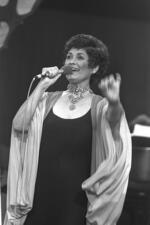
Yaffa Yarkoni
Yaffa Yarkoni was a talented and influential Israeli singer who recorded over 1,400 songs throughout her career. Known for her deep and throaty voice, her music spanned an impressive array of styles and rhythms and marked a shift in Israeli popular music.
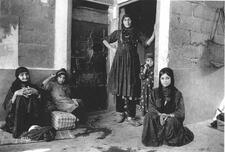
Yemenite Women in Israel: 1948 to 2005
The transition of Yemenite women from a traditional religious society to a western-secular society upon immigration to Israel was marked by a certain ambivalence. Their status and gender roles changed, and they became integrated both economically and socially into Israeli society. However, the new values underwent a certain degree of filtration as Yemenite women accepted some elements while rejecting others.
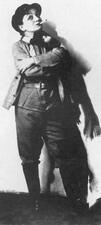
Yiddish Musical Theater in the United States
Jewish women on stage in America took on a variety of musical roles and performed all kinds of songs, including religious hymns and liturgical chants. In its heyday, the Yiddish stage mirrored American Jewish life. An amazing range of women’s woes were highlighted, discussed, and often resolved across the footlights, presenting the reality that immigrant women faced to an extent not paralleled in the English-language theatrical world during those years.
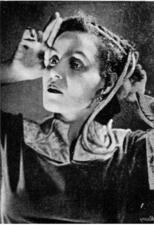
Brachah Zefira
Brachah Zefira was a seminal figure in the world of Israeli song and among its most colorful and influential personalities in the pre-State period. She toured the world performing with her husband, pianist Nahum Nardi, and the duo played an influential role in ethnic integration in Palestine. In Zefira’s footsteps, an entire wave of Yemenite women singers arose.


